Thomas Paine, An American Revolutionary
The most influential book of the Revolutionary Era was Common Sense, written by Thomas Paine. Published on January 10, 1776, it has been credited with turning public opinion away from seeking a reconciliation with England to a complete separation with our Mother Country.
So, exactly who was Thomas Paine? He was born on February 9, 1737, in Thetford, England, the son of a farmer and stay-maker (one who produces corsets). He attended grammar school until the age of 13 when he was apprenticed to his father.
By the time Paine was 37 years old, he had been through about six jobs, had two businesses fail, and had lost two wives, one in childbirth and one to divorce. He hit rock-bottom early in 1774 when he was forced to sell off his household possessions to avoid debtor’s prison. He did not seem to be finding his way in this world, but that would soon change.
In 1774, he was introduced to Benjamin Franklin who was spending time in London. Franklin gave Paine a letter of recommendation and suggested he emigrate to America. Paine took this advice and landed in Philadelphia on November 30, 1774.
Paine found work as the editor for the Pennsylvania Magazine, and soon found his calling. Instead of simply reprinting stories from English newspapers, Paine printed American originals, many with a political bent. At a time when many working-class colonists were getting involved in our revolutionary movement, Paine’s ideas took hold.
Realizing his opinion pieces on English rule were resonating with his fellow citizens, Paine decided to write a pamphlet espousing his political views. Paine found a publisher willing to print Common Sense with its radical ideas and sales took off immediately.
While it is difficult to state with certainty how many copies initially sold, the consensus among historians is that about 100,000 copies sold within the first three months. That tally makes Common Sense the highest selling book relative to our population in the history of America.
The book electrified the American colonists, and even gained a following in England and France. Inspired by his success, Paine soon published another series of pamphlets called The American Crisis which he debuted in December 1776. In many ways, this work was a call to arms, almost a recruiting effort, to fill the rapidly depleting ranks of the Continental Army.
Emanuel Leutze. “Washington Crossing the Delaware.”
Of all his writings, the opening lines of The American Crisis are probably the best known to us today. In fact, George Washington read the following paragraph from that work to his men before he famously crossed the Delaware River on Christmas night 1776 and attacked the British at Trenton.
“These are the times that try men’s souls. The summer soldier and the sunshine patriot will, in this crisis, shrink from the service of his country; but he that stands by it now, deserves the love and thanks of man and woman.
Tyranny, like Hell, is not easily conquered; yet we have this consolation with us, that the harder the conflict, the more glorious the triumph. What we attain too cheap, we esteem too lightly: it is dearness only that gives every thing its value.”
Within a year or so, Paine’s meteoric rise tailed off a bit, especially in America. At this point, Paine drifted into an even more radical mindset and began to advocate for property sharing and a sort of economic equality, to be funded by taxes on the wealthy. Consequently, he fell out of favor with many American political leaders.
In 1787, Paine returned to Europe and remained there for almost two decades. When the French Revolution began in 1789, Paine immediately became a supporter of the new regime, despite the violence and bloodshed they used to secure power. In fact, although he could not even speak the language, Paine was elected to France’s National Convention.
In 1791, Paine published his longest work, The Rights of Man, a 90,000-word tract which was largely a defense of the French Revolution which had gone off the rails and devolved into its infamous “Reign of Terror.” Paine was especially opposed to hereditary government and favored the elimination of all political associations.
Paine finally returned to the United States in 1803, but his political sun had set. He lived out his final years in New Rochelle, New York and died on June 8, 1809. Sadly, this man who had done so much to inspire a nation with his revolutionary writings the 1770s, was little mourned when he passed away. Thomas Paine, whose name was once on the lips of hundreds of thousands of Americans, had only six mourners at his funeral.
Next week, we will talk about Thomas Paine’s greatest work, his pamphlet called Common Sense. Until next time, may your motto be “Ducit Amor Patriae”, Love of country leads me.

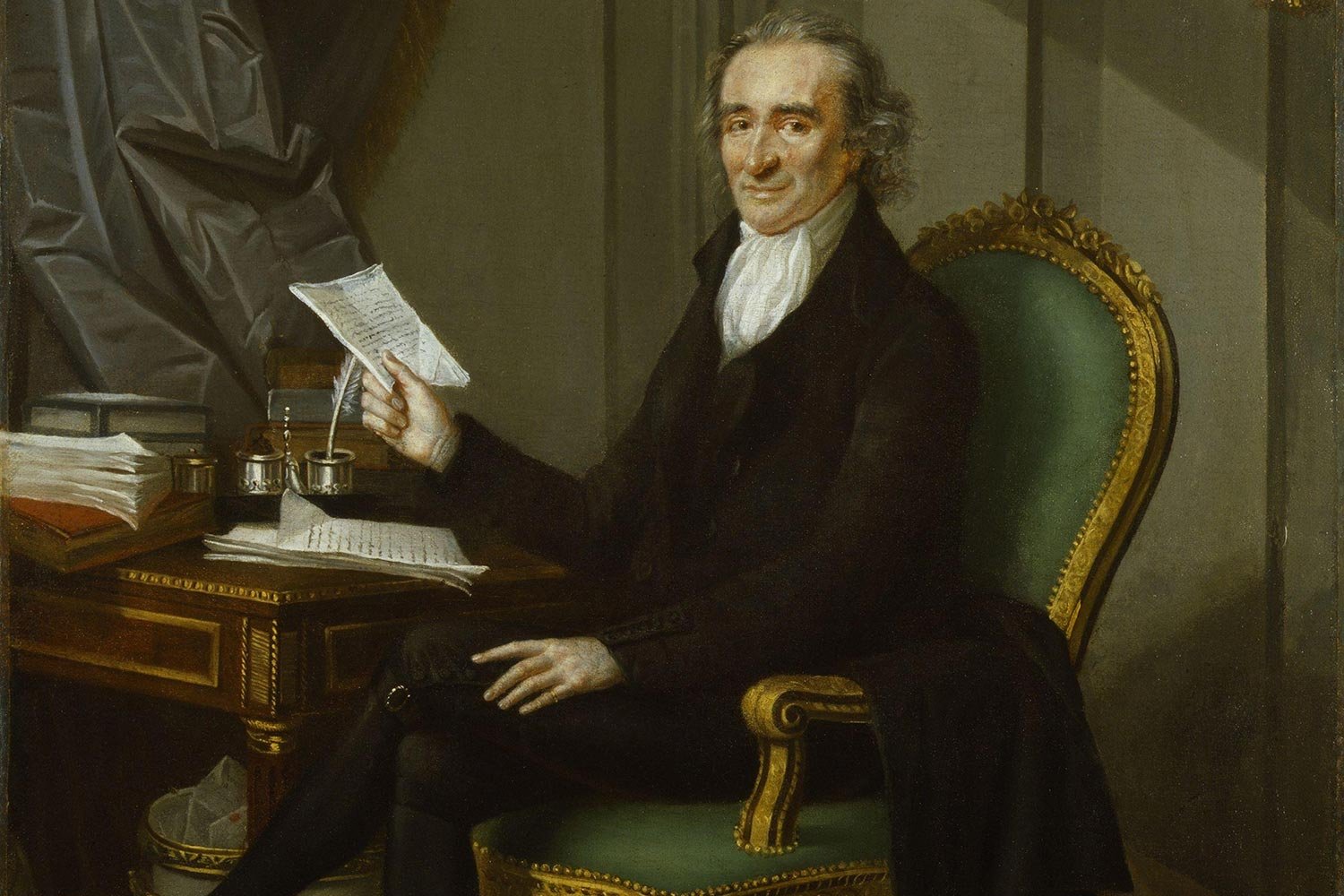
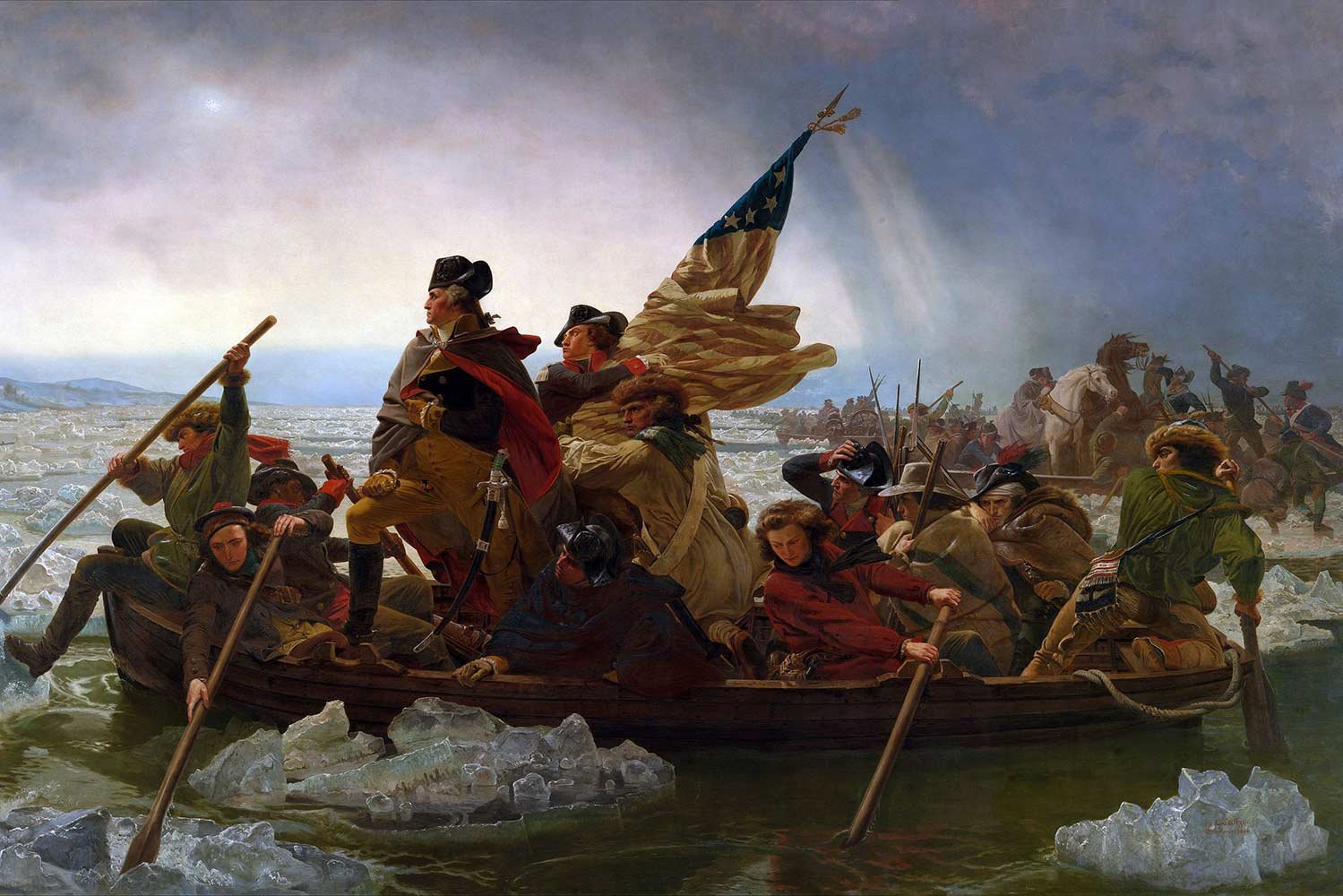
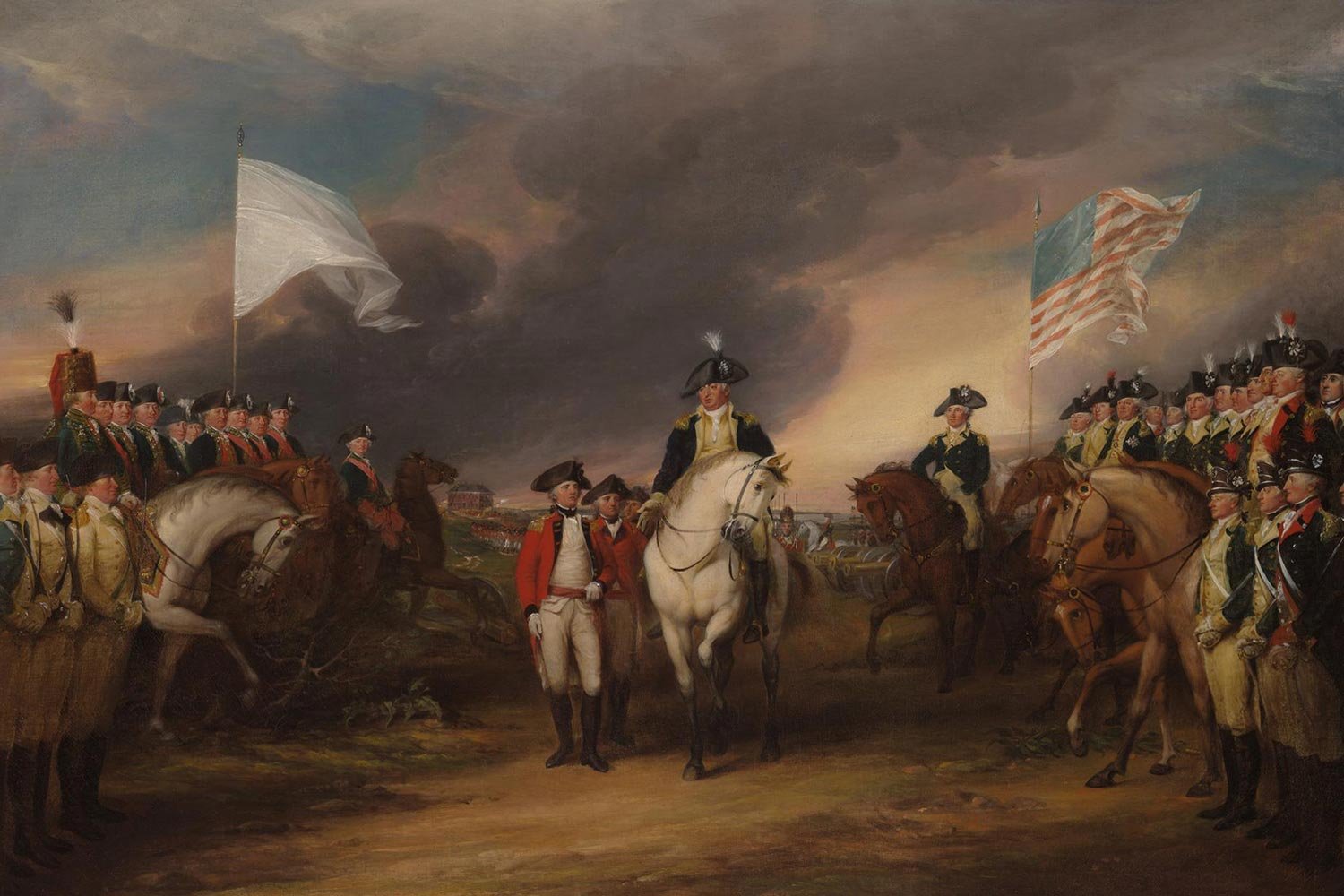
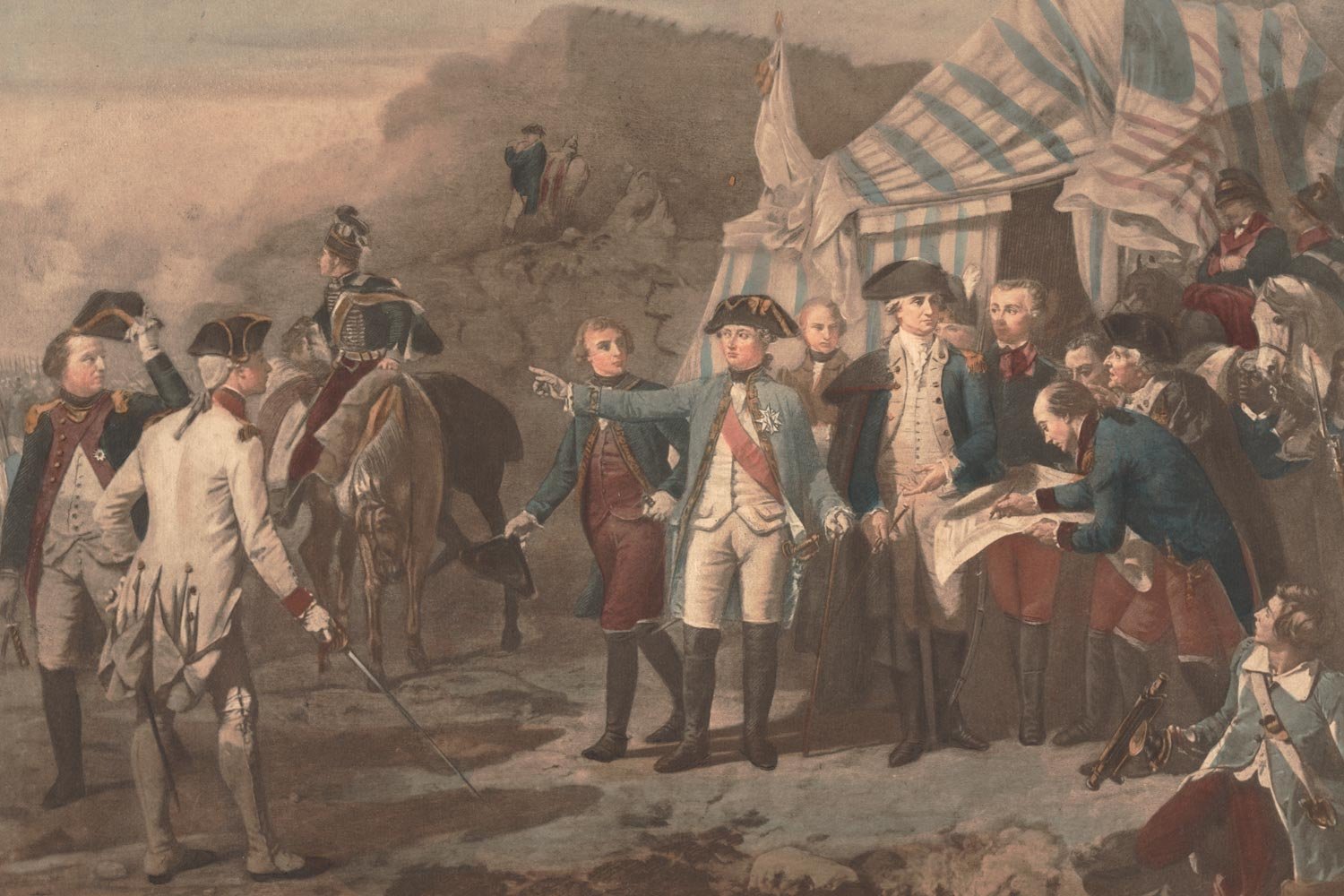
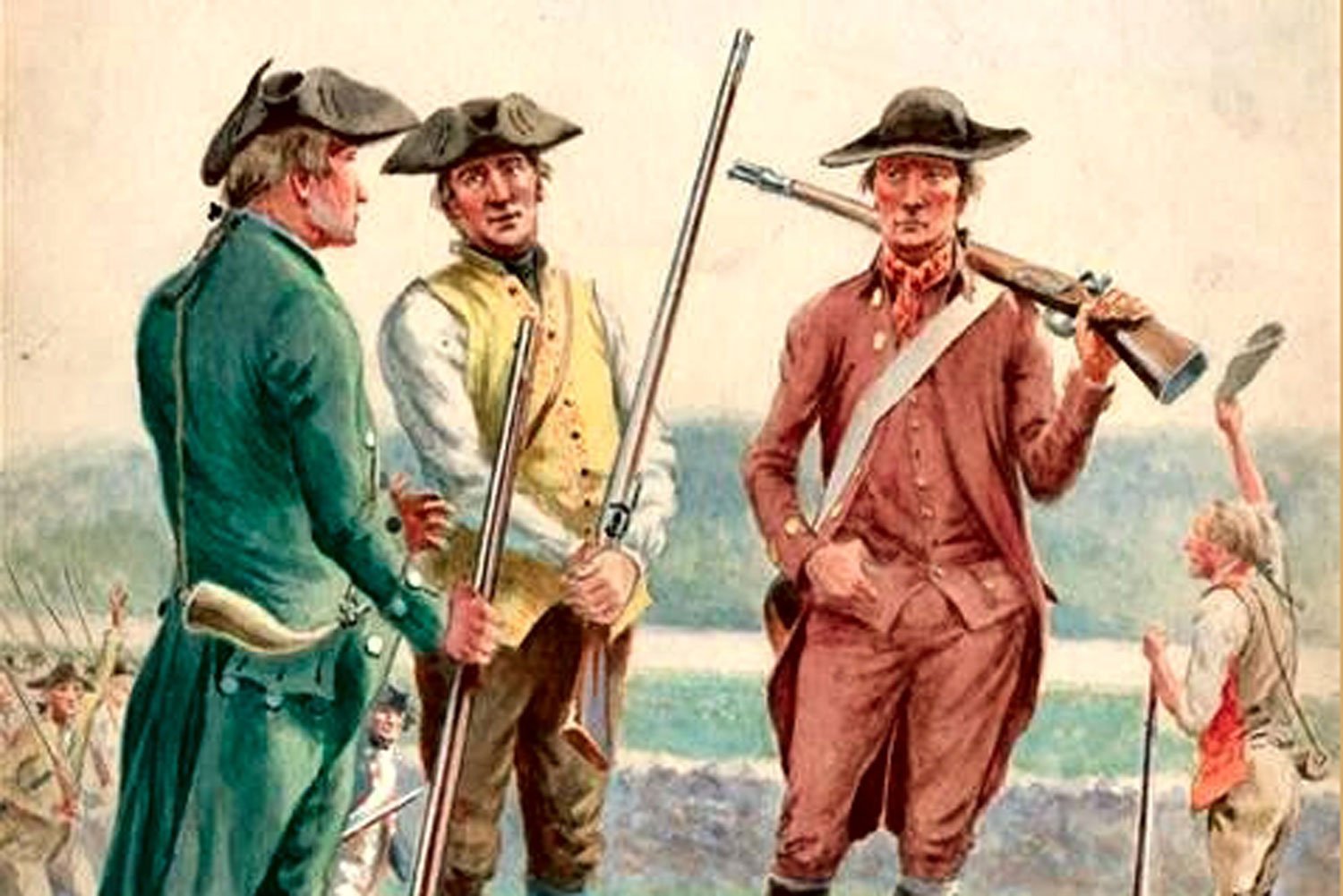
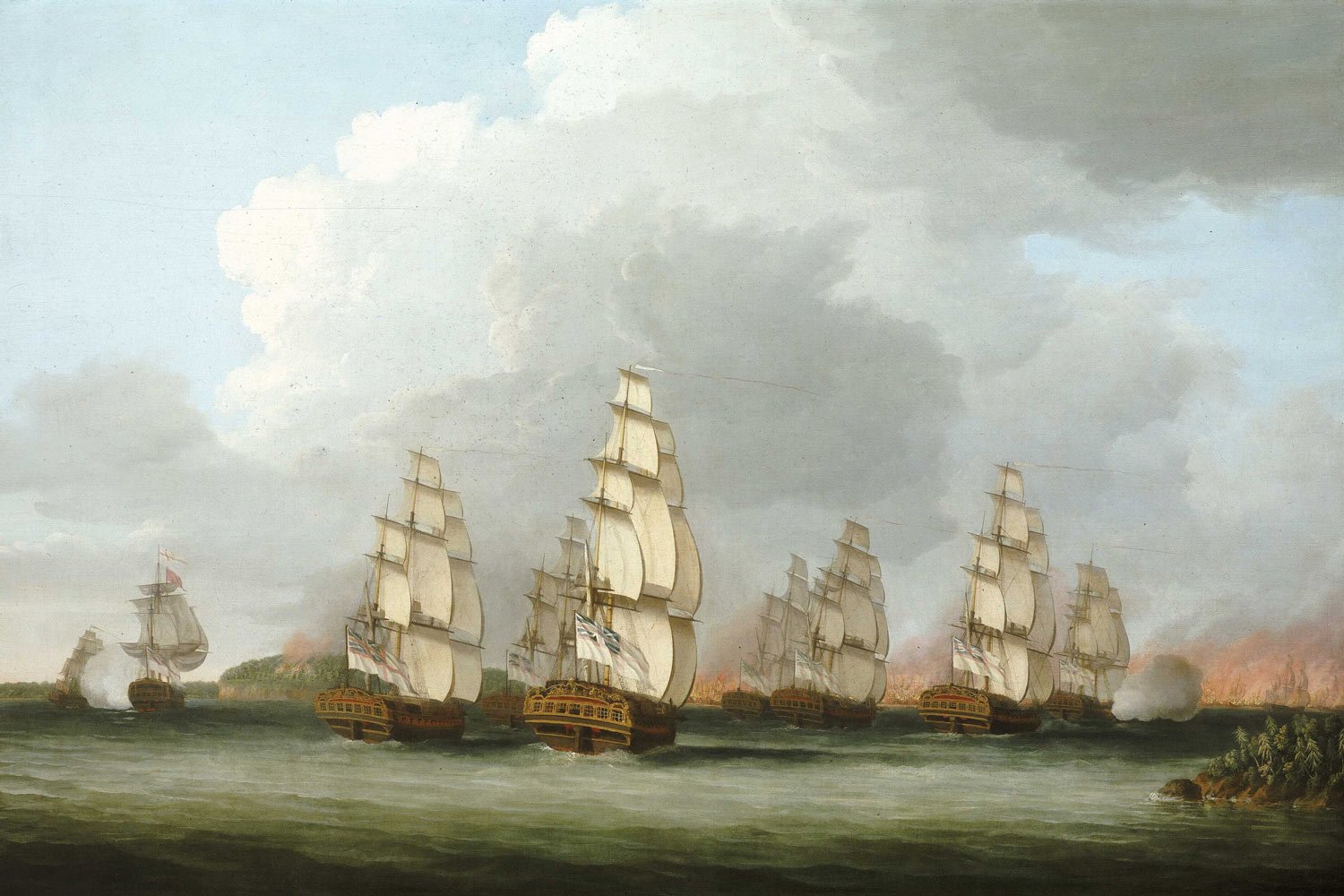
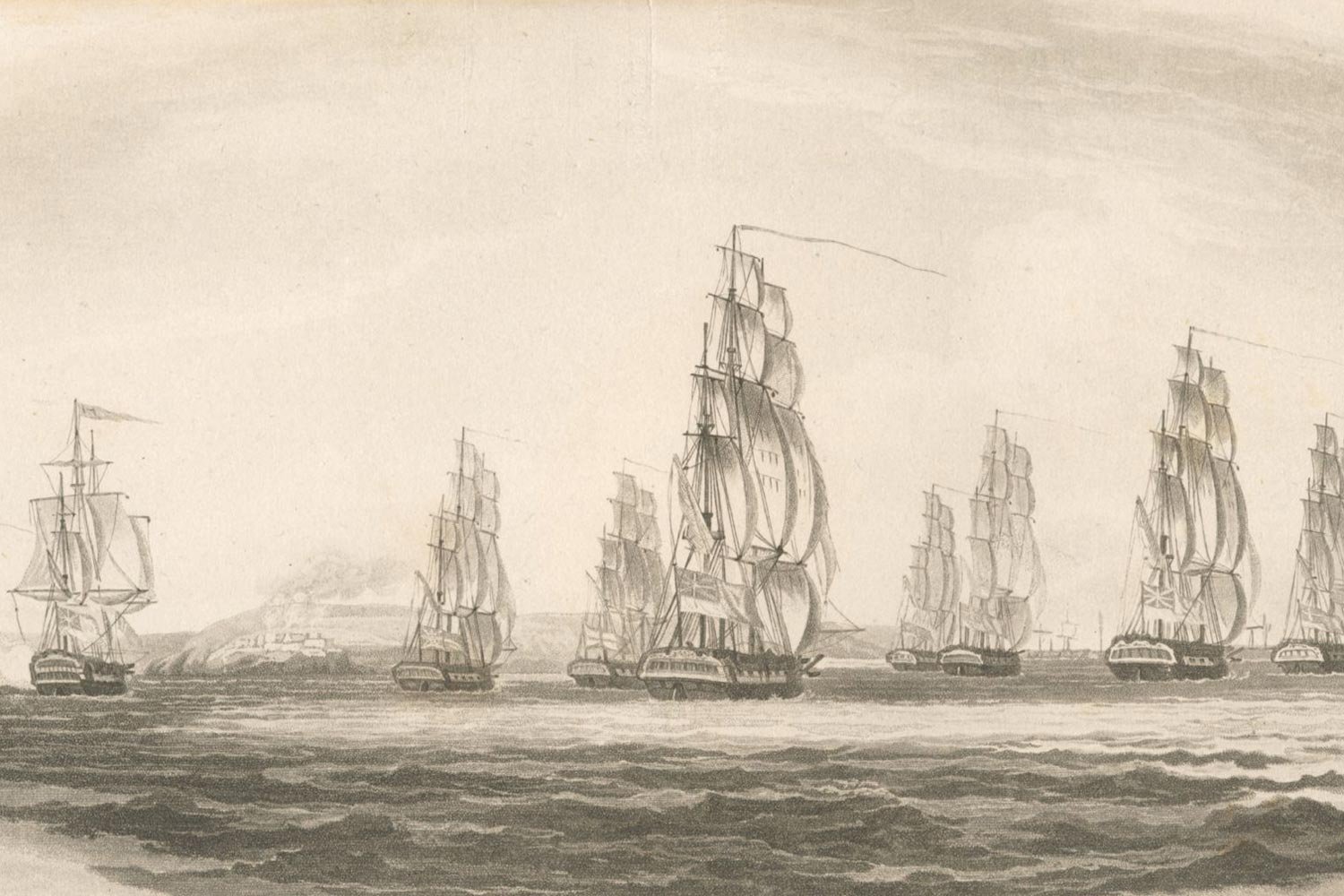
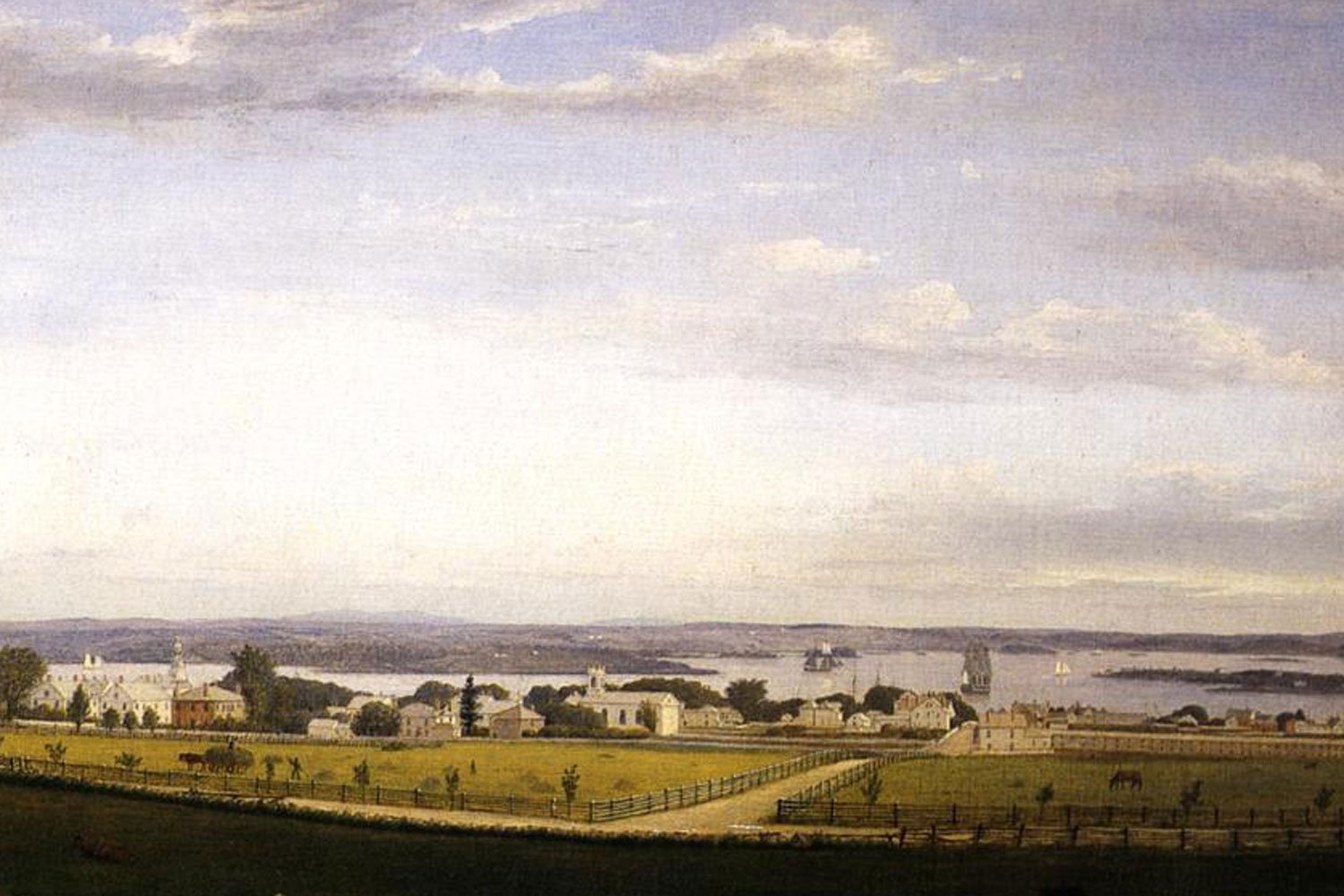
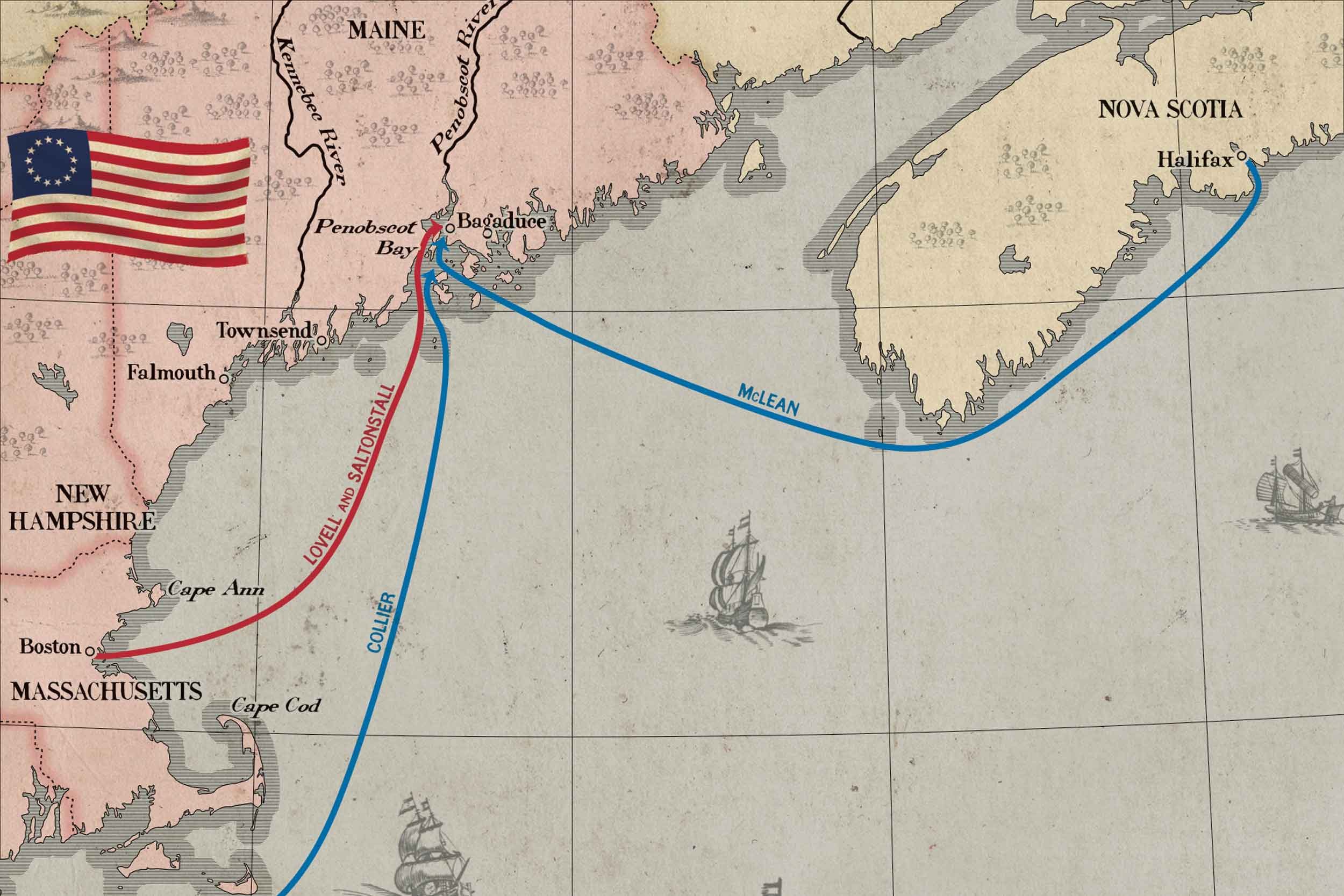
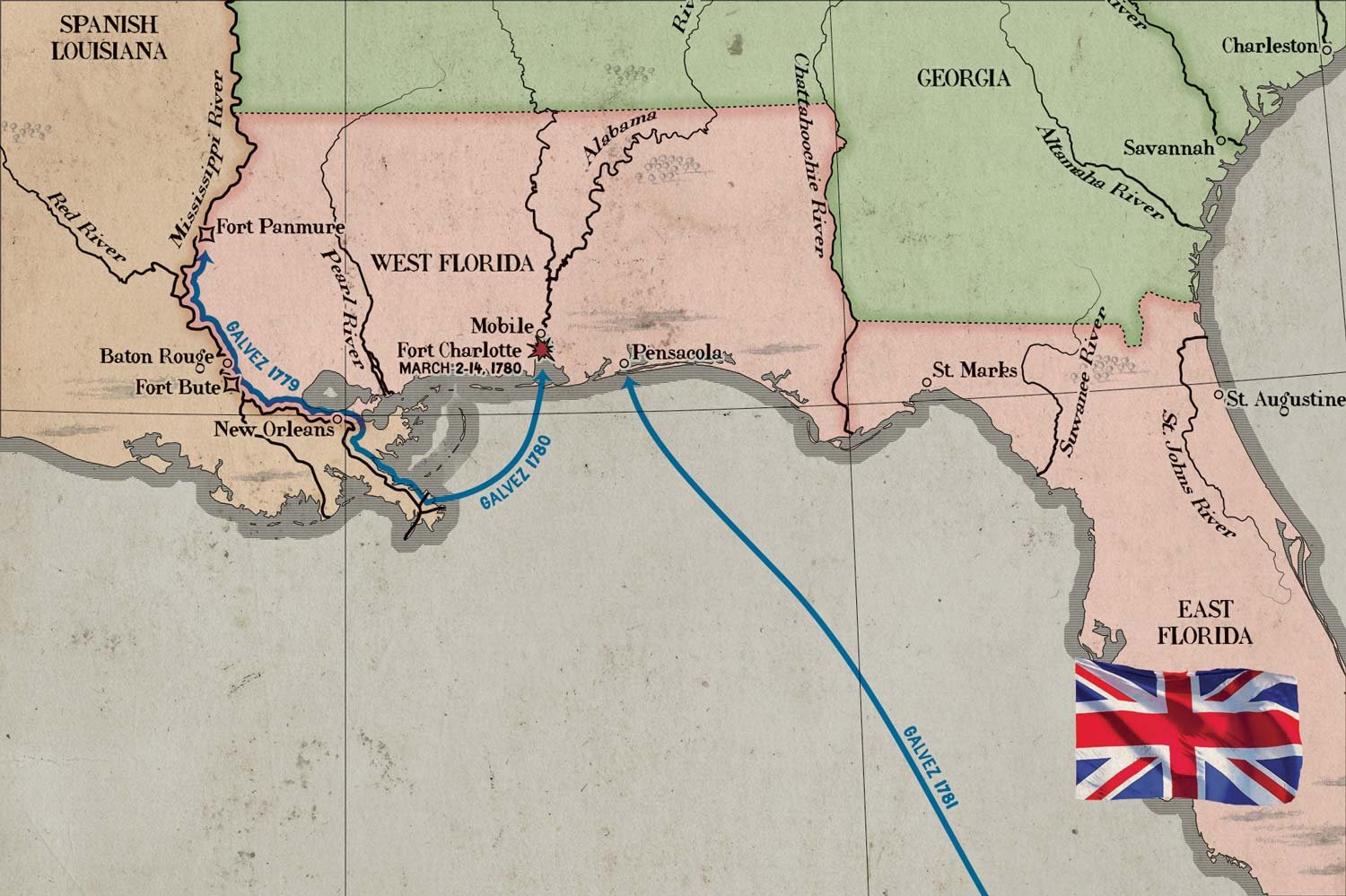
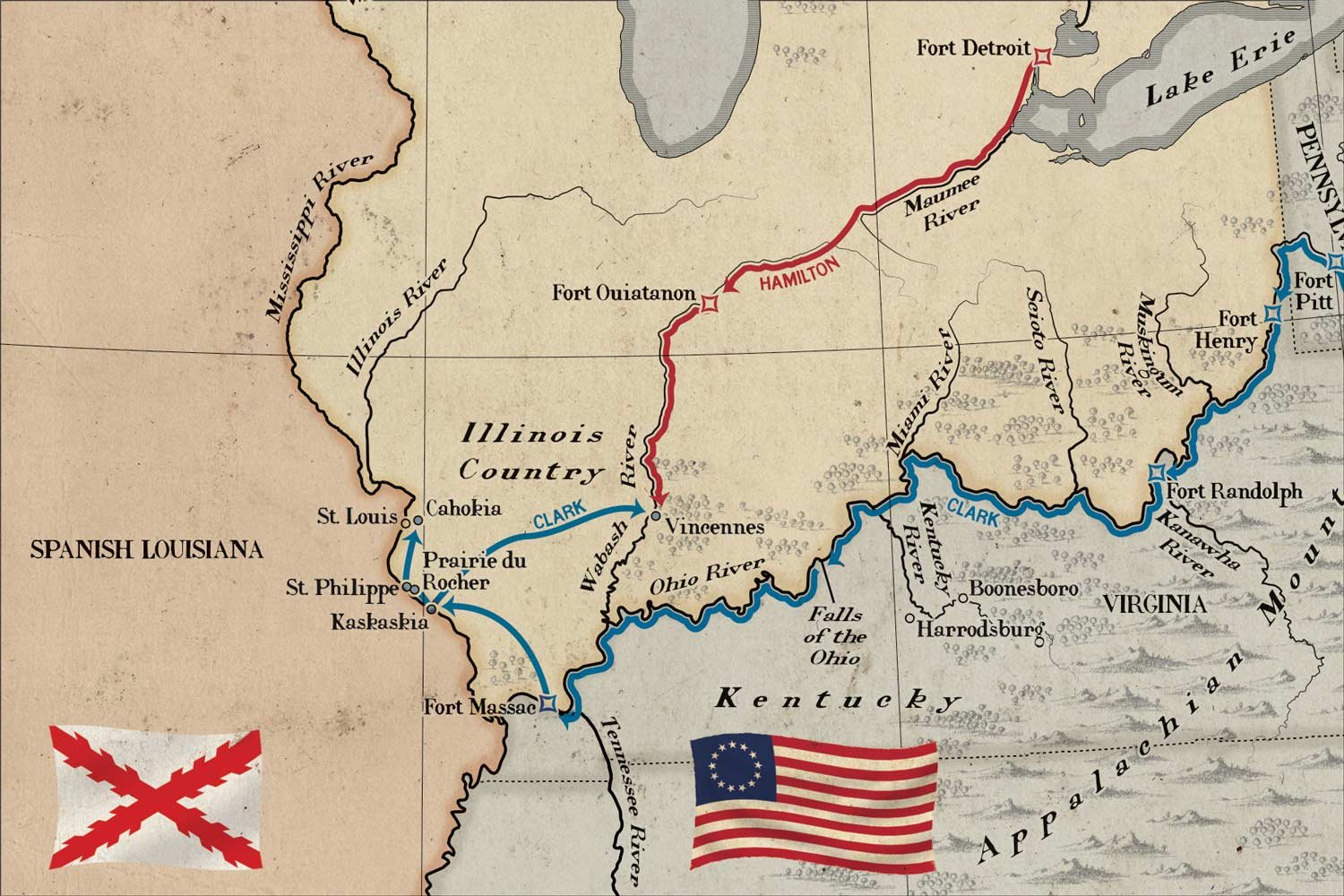
After Lord Charles Cornwallis surrendered to General George Washington in Yorktown on October 19, 1781, English officials reached the painful conclusion that the war was simply too costly to continue. Not only was the war in North America expensive to prosecute, but it was also a distraction from England’s defense of their more lucrative possessions elsewhere in the world, such as the sugar islands in the Caribbean and trading posts in India.